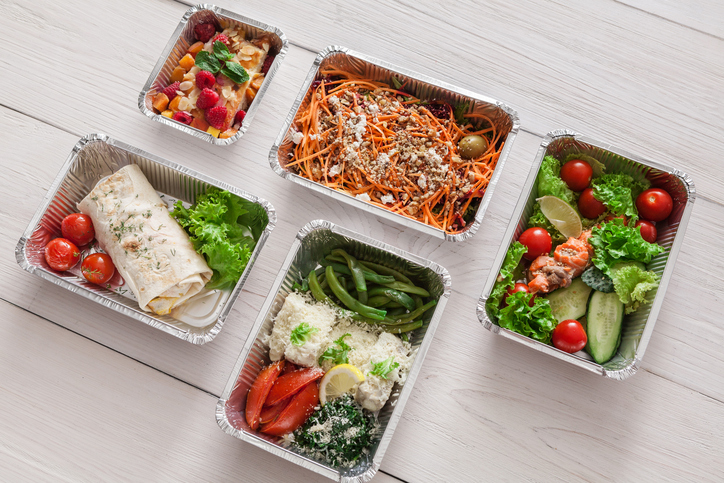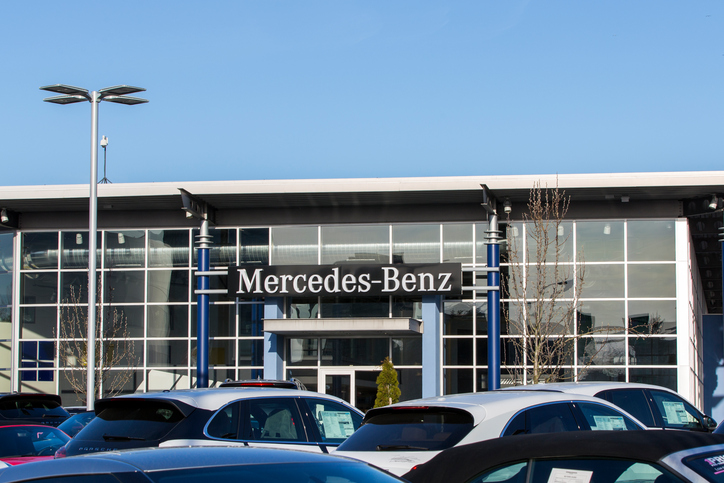Uber’s strategy: which UK companies could they acquire?
Category: Uncategorized
Bloomberg recently reported that Uber has made a bid to purchase food delivery unicorn Deliveroo. In this post, we’ve looked at the other verticals that the company is involved in, and any acquisitions in the UK that could support Uber’s strategy.
Food Delivery
Following the launch of UberEATS in London 2016, the company has arguably become an existential rival to Deliveroo. The food delivery market in the UK is highly saturated, with a range of other companies occupying various niches.
Uber’s main backer includes Japan’s Softbank Vision Fund, who is now the largest shareholder in the company. According to AlphaVision note, Softbank’s strategy is to achieve a minority stake in industry leaders, as opposed to getting a larger stake in a weaker player.
Uber and Deliveroo fall nicely into this strategy. If Uber acquired Deliveroo, Softbank would effectively own a stake in both the UK’s leading online food delivery platforms. Deliveroo has already made significant inroads in Europe. Softbank and Uber could use their operations as a platform from which to dominate a whole continent market.

Just Eat is Deliveroo’s larger and older sibling in the UK market, though they operate on slightly different models – Just Eat does not operate its own delivery fleet. Instead, they act as a tech platform through which customers can order from local takeaways who have their own drivers. Deliveroo originally used its its own fleet to deliver food from restaurants who wouldn’t otherwise, though they’ve since expanded to include a wider range of food outlets and their respective delivery drivers.
An acquisition of Just Eat would help Uber consolidate its position in the food delivery market. Just Eat operates a profitable business model, and reportedly catered to 10.5m UK customers last year. Furthermore, the company has recently been expanding its operations in other parts of the Anglosphere. Any strategy to dominate the UK’s food delivery market should bear Just Eat in mind.
Future of mobility
Food delivery aside, Uber’s main business remains its ride-hailing app. This could be seen as going through something of a crisis – In January, when Softbank took its latest slice of equity from the company, Uber was valued at 30% less than its previous round ($48 billion, down from $68 billion). In the US, it has seen its market dominance challenged by new startup Lyft, whilst the UK has just seen the launch of ride sharing app ViaVan, a collaboration between Via and Mercedes-Benz Vans. Their ride-sharing tech already seems to be undercutting Uber’s prices.

As such, Uber is most likely on the lookout for IP or tech that could alter the future of ride-hailing, or cut costs within the existing business model.
In the UK, one particularly exciting company is Drover. This company offers a car via subscription service, with all the usual hassle-inducing tasks like buying insurance and paying road tax included in the subscription fee. Users can cancel as and when they like (depending on payment plan), and don’t have to worry about selling their car on when its no longer needed. They can simply return it upon cancellation. The scope here is considerable for disrupting the car ownership model. Uber could integrate Drover’s business with their own, with exciting prospects for simplifying how Uber drivers access vehicles.
Uber’s strategy has recently included several forays into developing self-driving cars, though these ran into difficulty in March when one of their prototypes killed a pedestrian in Arizona. Despite this the company seems to be advancing with their programme, which could cut significant employment costs. Currently their self-driving “lab” seems to be focussed in Pittsburgh, where they have poached several leading scientists from Carnegie Mellon University’s robotics centre.
The UK’s universities have also spun out self-driving IP. One notable company includes Oxbotica, which recently secured a hefty £14m. Oxbotica was founded by Paul Newman, who has been the BP Professor of Information Engineering at the University of Oxford since 2003. His expertise could form an important element of Uber’s autonomous vehicle programme.

A move into Healthcare?
Uber’s taxi booking software could have important use cases in other sectors, most notably, social care. Indeed, earlier this year they launched Uber Health, a ride-hailing service specifically for healthcare providers, which will allow them to transport patients in need of care.
Back in the UK Cera* provides home care to vulnerable people, and has been building up quite a buzz since launching in November 2016 as a sort of ‘Uber for care’. Elderly people (or rather, their families) in need of extra support sign up to the web-based service, indicate their specific needs, and are then presented with a curated short-list of carers who match their requirements.
*Disclaimer: Cera shares significant shareholders with Beauhurst
In March 2017, they actually signed a partnership with Uber, and their combined service managed the homecare requirements of the Barts Health NHS Trust in East London.
Should they look to expand in the UK, acquiring Cera could support Uber’s strategy as it moves into healthcare. What’s more, Cera’s senior management, which includes an ex-NHS doctor, could help navigate Britain’s idiosyncratic healthcare market, which is dominated by a non-private provider, the NHS.
Discover the UK's most innovative companies.
Get access to unrivalled data on all the businesses you need to know about, so you can approach the right leads, at the right time.
Book a 40 minute demo to see all the key features of the Beauhurst platform, plus the depth and breadth of data available.
An associate will work with you to build a sophisticated search, returning a dynamic list of organisations matching your ideal client.